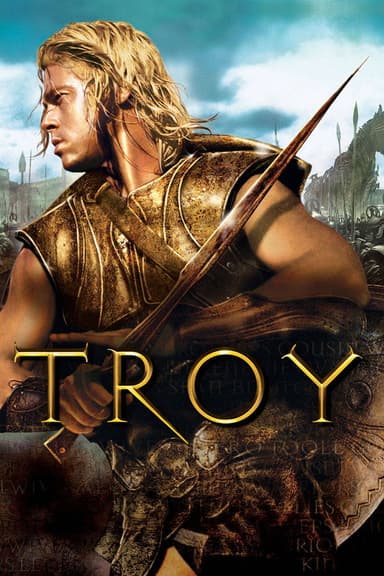
The Revenant
2015 • Adventure, Drama, Western • R
In the 1820s, a frontiersman, Hugh Glass, sets out on a path of vengeance against those who left him for dead after a bear mauling.
Runtime: 2h 37m
Why you should read the novel
If you're captivated by stories of survival, vengeance, and the sheer willpower of the human spirit, Michael Punke's 'The Revenant: A Novel of Revenge' offers an immersive and richly detailed journey. The novel not only brings to life the epic true story of Hugh Glass but also paints a vivid picture of the untamed American frontier, with all its perils and possibilities. Through Punke's deft storytelling, you'll traverse icy rivers, face wild beasts, and contend with betrayal in a way only the written word can offer.
Reading the novel allows for a deeper connection to Hugh Glass, exploring his internal struggles, motivations, and reflections—nuances that a film adaptation can only briefly hint at. The book delivers a multi-layered experience, providing historical context and atmospheric descriptions that create a world you can almost touch and taste. By investing your time in the novel, you get a fuller sense of the character's evolution through hardship and endurance.
Opting for the book also grants you access to the complex themes and moral ambiguities that underlie Glass's journey. Unlike the condensed structure of a film, Punke’s narrative delves into the ambiguous ethics and relationships of the trapper community, imparting lessons and insights that linger long after the last page. For anyone seeking substance and contemplation alongside adventure, the novel stands tall as the definitive experience.
Adaptation differences
One of the most significant differences between Michael Punke's novel and Alejandro González Iñárritu’s film adaptation is the role of Hugh Glass’s son. In the movie, Glass is driven largely by revenge for the murder of his mixed-race son, Hawk. However, in the novel, Glass does not have a son at all. This major addition was created for the film to provide a more personal, emotional motivation for the protagonist's quest for vengeance.
The portrayal of Hugh Glass’s injuries and subsequent recovery also differs notably. While both the book and the film highlight Glass’s severe mauling by a grizzly bear and his near-death state, the novel presents a more realistic depiction of his slow, arduous recuperation. The film amplifies his suffering for dramatic effect, depicting near-superhuman feats of endurance and survival, such as riding a horse over a cliff and surviving extreme hypothermia, which are not present in the source material.
The relationships and personalities of the supporting characters also change from page to screen. In the novel, Fitzgerald and Bridger’s motivations for abandoning Glass are more nuanced, shaped by the dire circumstances and complexities of frontier life. The film, however, casts Fitzgerald as more overtly villainous and manipulative, while reducing Bridger’s role, in order to focus the narrative on the dramatic antagonism between Glass and Fitzgerald.
Finally, the resolution of Glass’s revenge takes a different course. In the book, Punke explores themes of justice and mercy, with Glass ultimately denying himself the satisfaction of vengeance, as he is unable to kill Fitzgerald by law. The film, emphasizing catharsis and spectacle, stages a brutal final confrontation, allowing Glass to exact revenge more viscerally. These differences shape the audience’s perception, tending the film toward a relentless survival story while the novel offers thought-provoking moral ambiguity and historical depth.
The Revenant inspired from
The Revenant: A Novel of Revenge
by Michael Punke




